The Sony Hack Revealed How Hollywood Fails Us All
Whether or not North Korea was really behind the devastating Sony hack, and whether or not the U.S. government orchestrated North Korea's Internet outage in retaliation, one thing is clear: The incident has exposed Hollywood's serious race problem yet again.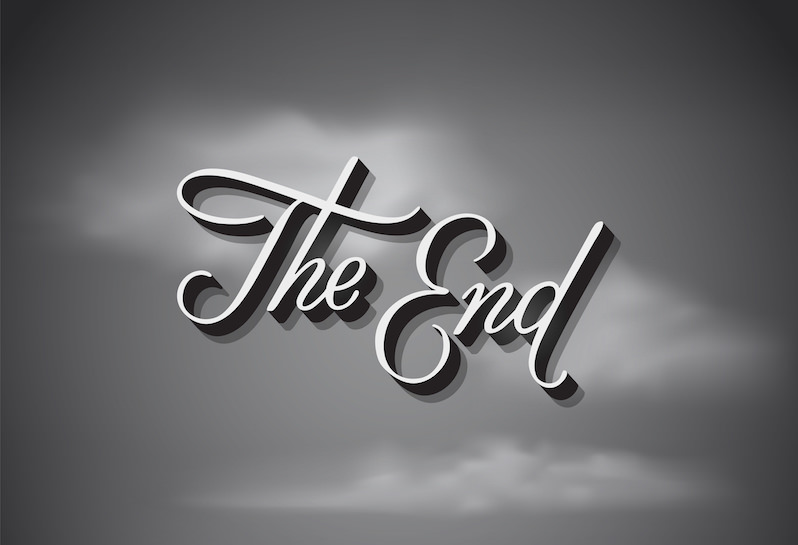 Shutterstock
Shutterstock
Whether or not North Korea was really behind the devastating Sony hack, and whether or not the U.S. government orchestrated North Korea’s Internet outage in retaliation, one thing is clear: The incident has exposed Hollywood’s serious race problem yet again. People of color are barely visible on our screens, while women’s roles are generally foils for men. When minorities and women are present, the film industry usually relies on racist and sexist tropes.
I have not seen “The Interview” — Sony Pictures Entertainment’s targeted film about a foolhardy assassination attempt on North Korean leader Kim Jong Un that supposedly irked the Guardians of Peace hacker group so much, it motivated the members to devastate Sony’s servers. But even simply watching the trailer reveals that the film’s premise is perfectly in line with standard Hollywood fare that serves up comedies through the eyes of self-effacing white men whose harebrained schemes and screwball antics are expected to make audiences wish they were dumb enough to be so hip.
Pop culture defines how we as a society view ourself. It also reflects and informs our implicit biases against one another. And it has remained far behind the times. As the hue of our society continues to diversify, our TV and movie screens remain largely the domain of straight, white men.
Korean-American writer Maxine Builder, in a piece titled “The Real Problem With ‘The Interview’ Is Its Racism, Not Its Satire,” wrote, “[M]any of the jokes in ‘The Interview’ are at the expense of well-worn Asian stereotypes, and the movie’s humor relies heavily on one-dimensional depictions of Asians that abound in American media that add little to the satire itself.” This is entirely unsurprising. The movie industry has been historically guilty of playing up racist and sexist stereotypes and of grossly underrepresenting people of color and women. That trend continues today, despite some measure of positive changes.
But the hacking incident has also shed light on the racist attitudes that exist at the highest levels of a major media company. The casual manner in which executives Scott Rudin and Amy Pascal joked about President Obama’s favorite movies is exactly the kind of thing that takes place when people of color are so absent from decision-making positions. We can rightly assume similar attitudes exist at other studios. One of the very few women of color in a position of power in Hollywood, Shonda Rhimes, said on her Twitter feed about media coverage of the story, “Calling Sony comments ‘racially insensitive remarks’ instead of ‘racist’? U can put a cherry on a pile of sh*t but it don’t make it a sundae.”
Darnell Hunt is a professor of sociology and the director of the Ralph J. Bunche Center for African American Studies at UCLA, which issues a report regularly examining diversity in Hollywood. In an interview Tuesday on “Uprising,” Hunt told me, “Diversity in the industry, or lack thereof, is an important story. All of our implicit biases, our stereotypes, our perceptions and misperceptions are often a function of what we watch.”
Given that writing rooms are overwhelmingly white and male, the stories that make it to screen naturally reflect the life experiences and perceptions of white men. Hunt agreed, saying, “Even if it’s a diverse cast, it’s going to be told through the eyes of the white protagonist. It’s not as though white writers can’t write about people of color … but they’re never going to tell the same story that the person of color would tell because they’re going to see it through a different lens.”
A standard justification given by Hollywood executives for why so few people of color or women play lead roles in film and television is that the end products would simply not be lucrative because audiences are just not ready. Leaked messages from Sony’s Michael Lynton questioning Denzel Washington’s viability as a leading man in “The Equalizer” fall in line with that thinking: “I believe that the international motion picture audience is racist — in general pictures with an African American lead don’t play well overseas,” Lynton wrote. The idea that the rest of the world would be so racist, especially compared with the U.S., is ludicrous. Hunt shook his head at Lynton’s words, saying, “That’s a myth that has justified a lot of inaction in the industry.”
In the latest Hollywood Diversity Report that Hunt’s department published, the data reveal that diverse casts are actually more profitable globally than those dominated by white men. Hunt told me that “what we found … was that films that roughly reflected the diversity of American society were the ones that on average did the best.” A good example of this, according to Hunt, is “Fast Five,” the fifth movie from the “Fast and Furious” franchise, directed by Asian American Justin Lin and featuring a widely diverse cast. It’s no secret that nonwhite male actors struggle to be taken seriously in the industry. Up-and-coming black actor Kevin Hart was referred to as a “whore” in leaked emails from Sony executives for daring to demand high pay. Hart defended himself on Instagram, saying, “Knowing your self-worth is extremely important, people. I worked extremely hard to get where I am today.” Hunt acknowledged that in general there is tension between producers and talent because actors are seen as demanding high salaries. However, he clarified that “actors of color are singled out for special attention in this regard because from the very beginning their worth isn’t seen as commensurate with that of their white peers.”
There are some bright spots, to be sure. Some TV networks like ABC have consciously diversified the casts of their shows. The holiday film release “Annie,” featuring Quvenzhané Wallis and Jamie Foxx in lead roles, is heartening for a well advertised big release. And the representation of LGBT people on screen appears to have significantly jumped from near invisibility to prominence in just a few short years.
But ultimately the television and film industry wields great influence rather than simply reacting to societal trends. Hunt cited the “huge [amount of] literature on media effects and the impact media have on the way we think, who we are, how we see ourselves.” Most important, according to Hunt, is that “the media tend to set the agenda. So things that we see in the media a lot are things that we talk about and think about … which tend to rise to the top of the public agenda. When things are omitted or they’re absent, then they become less important.”
It’s past time for Hollywood to catch up to what American society actually looks like, acts like and thinks like. To accomplish that, more people of color and women need to be present at all levels of decision making, from being executives and directors to working as writers and actors.
Your support matters…Independent journalism is under threat and overshadowed by heavily funded mainstream media.
You can help level the playing field. Become a member.
Your tax-deductible contribution keeps us digging beneath the headlines to give you thought-provoking, investigative reporting and analysis that unearths what's really happening- without compromise.
Give today to support our courageous, independent journalists.

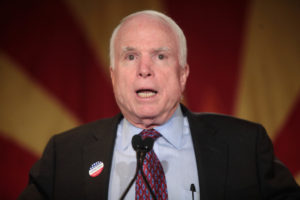

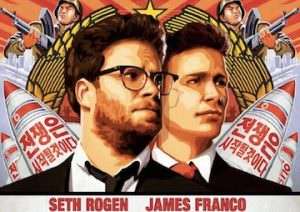
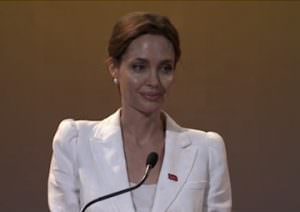
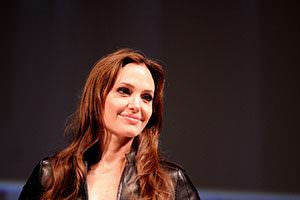
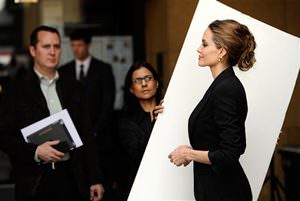


You need to be a supporter to comment.
There are currently no responses to this article.
Be the first to respond.